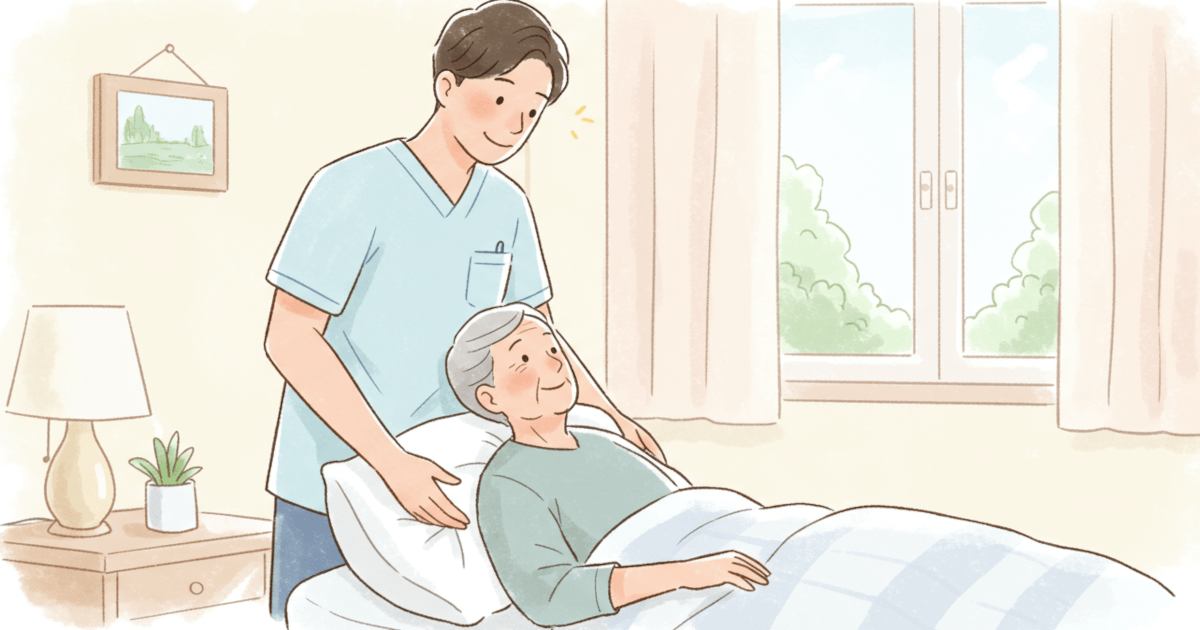
A caregiver is a professional who supports the daily lives of elderly individuals and people with disabilities. Their responsibilities include assisting with meals, bathing, rehabilitation support, and providing emotional care. Caregivers play a crucial role in ensuring that those they assist can live comfortably and with dignity. This assessment will help you determine if a career as a caregiver is a good fit for you. Understanding your suitability for this profession can be valuable in planning your future career path.
A caregiver is a professional who supports the daily lives of elderly individuals and people with disabilities who require assistance. Their main responsibilities include helping with meals, bathing, and personal hygiene, as well as providing rehabilitation support and emotional care. However, caregiving is not just about physical assistance—it is also about helping individuals maintain their independence and quality of life.
Caregivers work in a variety of settings, including nursing homes, hospitals, and home care services. In these environments, personalized care tailored to each individual’s needs is essential, requiring specialized knowledge and skills. Additionally, effective communication with both the individuals receiving care and their families is crucial for building trust and ensuring the best possible support.
As societies face aging populations, the demand for caregivers continues to grow. While caregiving can be physically demanding, it is a deeply fulfilling profession that allows individuals to make a meaningful impact on others' lives. Caregivers play a vital role in healthcare and social services, working alongside medical professionals to contribute to the well-being of their communities.
Caregivers perform a wide range of duties, and their responsibilities vary depending on their workplace.
Facility-based caregiving involves supporting elderly residents in nursing homes or assisted living facilities. Caregivers help with daily activities such as eating, bathing, and using the restroom. They may also assist with rehabilitation exercises and organize recreational activities to enhance residents’ quality of life.
Home caregiving involves visiting clients in their homes and providing support for daily living. Since clients remain in familiar surroundings, personalized care tailored to their individual needs is essential. This type of caregiving requires strong interpersonal skills and adaptability.
Hospital and clinic caregivers work closely with medical staff to support hospitalized patients. Their duties include assisting with rehabilitation, preparing patient beds, and providing essential care as part of the overall healthcare system.
Disability support caregivers help individuals with physical or intellectual disabilities lead independent lives. Their responsibilities include personal care, job training assistance, and supporting social participation to promote greater independence.
Caregiving covers a wide range of fields, each requiring different skills. However, across all roles, the most important aspect is providing individualized care that meets the unique needs of each client.
In the United States, becoming a caregiver doesn’t always require formal certification, but having the right skills and training can make a big difference in job opportunities and quality of care. Caregivers support older adults, people with disabilities, or patients recovering from illness by assisting with daily activities such as bathing, dressing, eating, and mobility.
For entry-level roles, especially in home care, certification may not be mandatory, but many employers prefer or require caregivers to complete basic training. Some states offer or require short-term certification programs, especially for those working through home care agencies or Medicaid-funded services.
If you want to advance your career, becoming a Certified Nursing Assistant (CNA) is a common next step. CNAs must complete a state-approved training program and pass a competency exam. They typically work in nursing homes, hospitals, or assisted living facilities, and perform more hands-on care under the supervision of licensed nurses.
With further experience and education, some caregivers go on to become Home Health Aides (HHAs) or Licensed Practical Nurses (LPNs). For those interested in managing care plans and coordinating services, a role as a Care Manager or Case Manager is possible, though this usually requires additional qualifications such as a nursing license or social work degree.
Regardless of the path, caregiving is a profession where practical experience, empathy, communication skills, and a willingness to learn are key. Since healthcare and eldercare services are constantly evolving, caregivers should continue developing their knowledge and skills to provide the best possible support to those they care for.